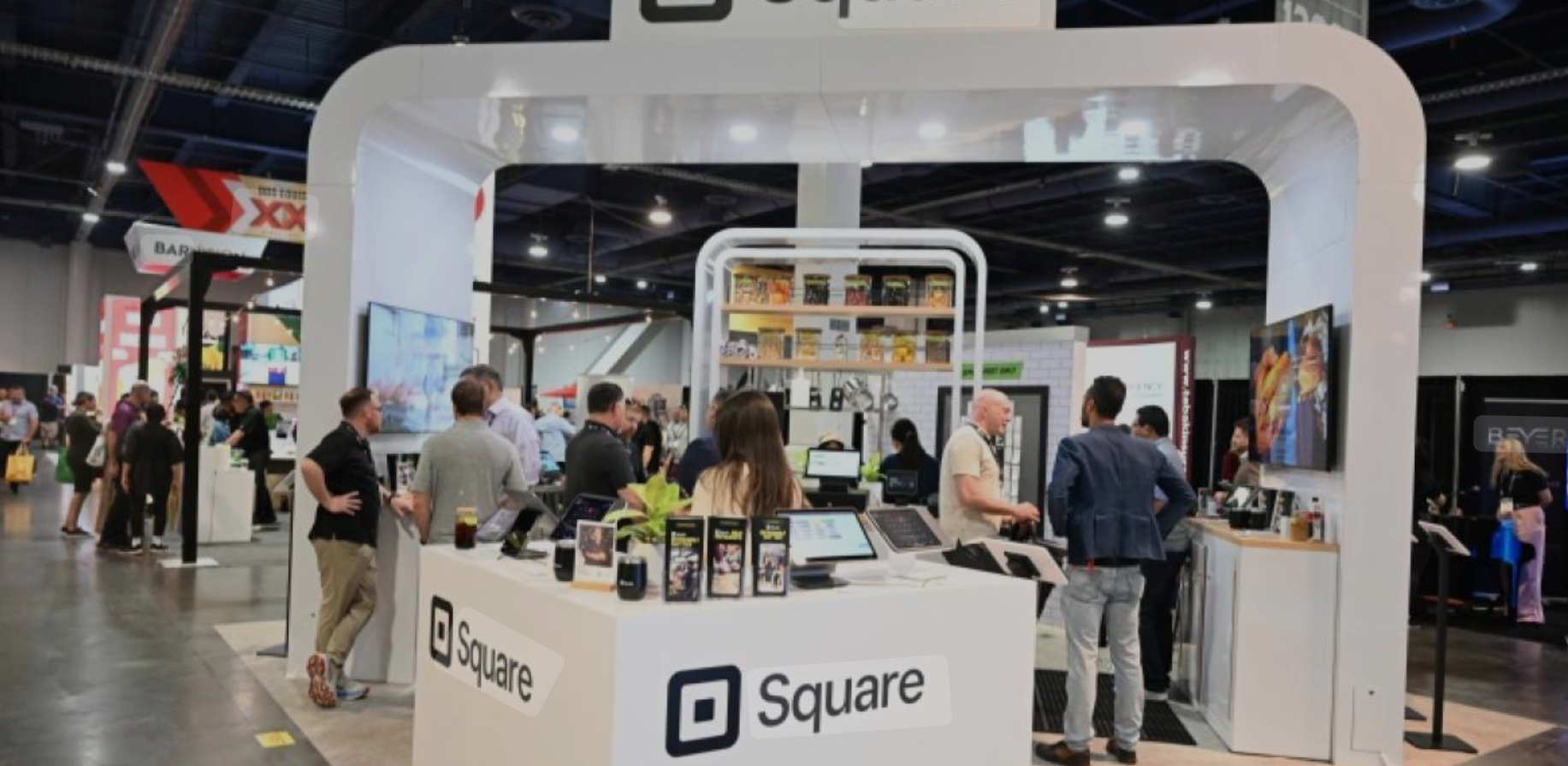Overview of the Restaurant & Hotel Expo
The Restaurant & Hotel Expo, Varies, USA (state-level) is one of the most prominent B2B exhibitions held across various states in the United States, exclusively designed for the hospitality industry. It brings together restaurant owners, hotel operators, suppliers, culinary professionals, and hospitality technology providers under one roof. Conducted annually or biannually in key states like California, Texas, Florida, and New York, the expo is tailored to meet the regional business demands of the restaurant and hotel sectors while creating space for national and international networking.
Venue and dates
Since the Restaurant & Hotel Expo is conducted in multiple states across the year, venues and dates differ from state to state. For example:
- California Edition – Los Angeles Convention Center, typically held in March
- Texas Edition – Kay Bailey Hutchison Convention Center, usually in June
- Florida Edition – Miami Beach Convention Center, commonly scheduled in September
- New York Edition – Javits Center, typically set for November
Each state-level edition generally lasts 2–3 days, featuring product exhibitions, culinary demonstrations, industry seminars, and networking programs. Dates and venue addresses are released 3–6 months in advance on the official event site.
Timing
The exhibition hall usually opens at 10:00 AM and closes at 5:00 PM, depending on the event schedule of the respective state. The final day may have slightly shorter timings.
Visitor profile and attendance
The Restaurant & Hotel Expo attracts a diverse group of over 5,000–20,000 industry professionals per event depending on the region. These include:
- Restaurant and hotel owners
- Executive chefs and kitchen staff
- Food and beverage managers
- Hospitality students and educators
- Franchise buyers
- Hotel suppliers and procurement professionals
- Catering business owners
Product and service categories on display
Each edition of the Restaurant & Hotel Expo features a wide array of products and services, categorized into:
- Food and beverage innovations
- Commercial kitchen equipment
- Hospitality technology solutions
- Hotel linens, bedding & furnishing
- Interior design & décor services
- Staff uniforms and operational tools
- Point of Sale (POS) & booking systems
- Food packaging & delivery logistics
- Restaurant furniture and signage
- Franchise opportunities and consultancy services
Attendees get first-hand exposure to new products and technologies tailored to restaurant and hotel businesses.
Perks and benefits of attending
Participating in a state-level Restaurant & Hotel Expo offers several strategic advantages, especially for decision-makers and hospitality entrepreneurs:
- Live product demonstrations: Experience cutting-edge technology and equipment in action.
- Educational seminars: Attend sessions on cost control, menu engineering, digital marketing, staffing, and customer experience.
- Networking opportunities: Build partnerships with vendors, consultants, and peers across your state and beyond.
- Business growth potential: Discover suppliers that meet budget and quality standards, suitable for your regional demand.
- Access to discounts: Many suppliers offer exclusive show-day deals or launch event discounts.
Cost and registration details
Most state-level editions offer free registration for trade professionals, particularly those who pre-register online. Onsite registration may require a nominal fee of $25–$50, depending on the organizer. Some specialized workshops or conference passes may carry additional costs, ranging from $75 to $200 per session or bundle. It is advisable to check the individual state expo page for accurate pricing and registration information.
Nearby accommodations and hotels
Each venue is strategically located in or near city centers, making it accessible to a range of hotel options. Below are examples of nearby accommodations:
- Los Angeles Convention Center:
- The Ritz-Carlton, Los Angeles
- Hotel Figueroa – Unbound Collection by Hyatt
- Freehand Los Angeles
- Kay Bailey Hutchison Convention Center, Dallas:
- Omni Dallas Hotel
- Aloft Dallas Downtown
- Courtyard by Marriott Dallas Downtown
- Miami Beach Convention Center:
- Loews Miami Beach Hotel
- The Palms Hotel & Spa
- W South Beach
- Javits Center, New York:
- Crowne Plaza HY36 Midtown Manhattan
- EVEN Hotel Times Square South
- YOTEL New York
Most of these properties offer expo-rate packages, early booking discounts, and are within walking distance or a short cab ride from the event venue.
Why you should attend the Restaurant & Hotel Expo
- Stay ahead of trends: Whether you run a boutique restaurant or a large-scale hotel, the expo helps you align with the latest consumer expectations and operational innovations.
- Hands-on learning: With cooking demos, live panels, and business strategy sessions, there’s practical learning at every step.
- Scalable partnerships: Find regional vendors who understand your market, lowering logistics costs and response time.
- Franchise and investment opportunities: Several exhibiting companies offer franchise packages or invite investment in scalable models.
State-by-state customization
Each edition of the Restaurant & Hotel Expo is tailored to reflect the dining and hospitality culture of the host state. For instance:
- California Edition emphasizes sustainability and plant-based cuisine.
- Texas Edition often features BBQ innovations and large-scale hospitality suppliers.
- Florida Edition highlights seafood sourcing and resort management tools.
- New York Edition tends to focus on urban hospitality tech, boutique hotel models, and fine dining experiences.
Future of the Restaurant & Hotel Expo
As the hospitality sector becomes increasingly driven by technology, sustainability, and data-driven insights, the Restaurant & Hotel Expo will continue evolving to meet industry needs. AI in customer service, automation in kitchens, eco-friendly materials, and new-age F&B delivery models are already shaping upcoming editions. Attendees can expect even more immersive experiences such as virtual tours, on-site mock setups, and AI-powered vendor matchmaking tools.

